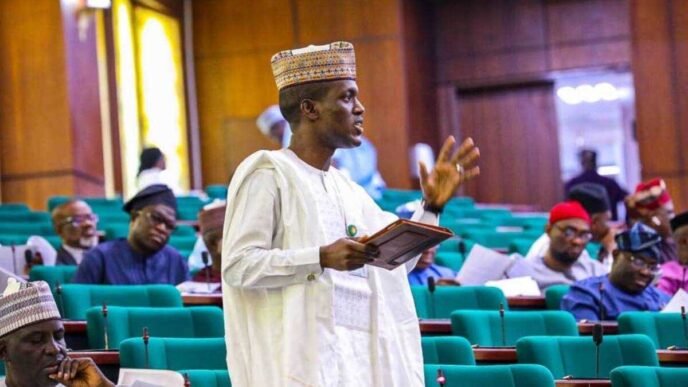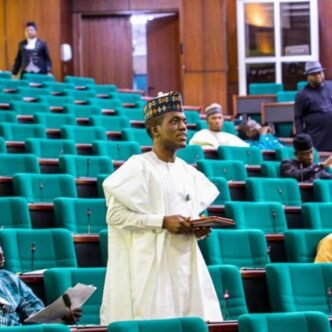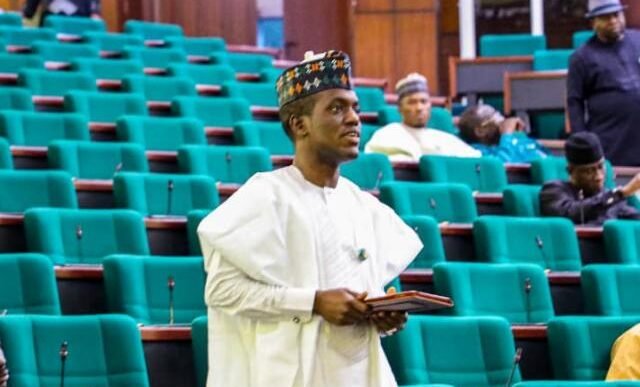HB 1581 A BILL FOR AN ACT TO ALTER THE PROVISIONS OF THE CONSTITUTION OF THE FEDERAL REPUBLIC OF NIGERIA TO PRESERVE THE ELECTIONS OF CANDIDATES TO THE OFFICE OF THE PRESIDENT OR GOVERNOR WHOSE DEPUTIES HAVE BEEN FOUND TO HAVE DEFICIENCIES IN THEIR QUALIFICATION FOR THE ELECTION AND FOR RELATED MATTERS. The Bill is on progress.
This Bill seeks to alter Section 142 and 187 of the Constitution in order to preserve the elections of candidates to the office of President of Governor, where the deputies of such candidates have been found to have deficiencies in their qualifications. The12 proposed amendment is aimed at ensuring that the election of a President or Governor
is not invalidated or rendered void solely on the basis of the ineligibility in the
qualifications of their running mates or deputies
A significant legislative initiative, HB 1581, is currently being considered in Nigeria, aimed at amending Sections 142 and 187 of the nation’s Constitution. The essence of this bill is to prevent the nullification of a Presidential or Gubernatorial election due to the disqualification of a running mate, such as a Vice President or Deputy Governor.
Currently, under Nigeria’s constitutional framework, the disqualification of a deputy can lead to the invalidation of the entire electoral ticket. This means that both the principal candidate and their running mate could lose their elected offices solely based on the deputy’s qualifications. HB 1581 seeks to rectify this situation by ensuring the validity of a principal candidate’s election, even if questions arise regarding their deputy’s qualifications.
The path toward enacting HB 1581 involves a comprehensive constitutional amendment process. Initially, the bill is introduced in either the Senate or the House of Representatives. It then progresses through multiple readings and debates, where public input can be solicited during hearings.
For the bill to become law, it must secure a two-thirds majority vote in both chambers of the National Assembly. While certain provisions may require a more considerable majority, the general requirement for amendments stands at two-thirds.
Following its potential approval by the National Assembly, the amendments will then be sent to the 36 State Houses of Assembly for further consideration. A resolution must be passed in at least two-thirds of the state assemblies—24 states—for the amendments to move forward.
After receiving the necessary state ratifications, the proposed changes are presented to the President for assent. Should the President withhold assent, the bill can still be enacted if it receives a two-thirds majority in both Houses again.
The constitutional amendment process in Nigeria is known for its complexity and length, involving extensive discussions and political negotiations. Although the exact status of HB 1581 remains to be clarified, recent reports indicate that a number of constitutional amendment bills were approved by the House of Representatives in March 2025 and are currently under review by a Special Committee on Constitutional Review, with public hearings in progress. HB 1581 appears to be a crucial part of this ongoing reform effort.













